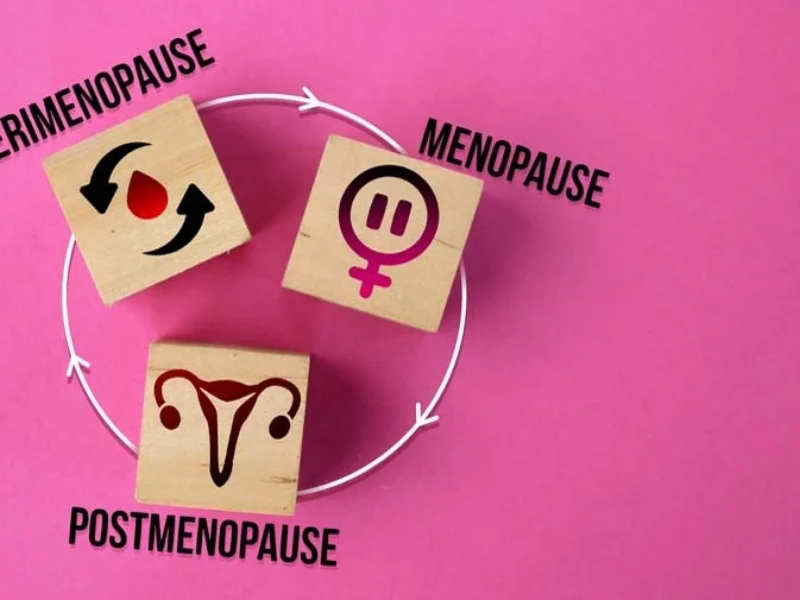
Light House Denver – Menopause is a natural and significant stage in women’s life that marks the end of her menstrual cycles and fertility. It generally occurs between the ages of 45 and 55, although it can happen earlier or later depending on individual genetic factors and health. This process not only changes a woman’s physical state but also impacts her emotional well-being. Understanding the signs of menopause is crucial for women to better prepare for this phase of life. Below are the key signs of menopause that women should be aware of.
One of the first signs of menopause is a change in the menstrual cycle. Many women experience irregular periods, with cycles becoming shorter or longer than usual. Some may also have heavier or lighter periods than before. These changes occur due to a decline in estrogen levels, which affect the menstrual cycle. Eventually, menstruation will stop altogether, signaling that menopause has occurred.
“Read More: The Age of 3, Is It Necessary to Attend Preschool?”
Hot flashes are a common symptom experienced by many women before and during menopause. This sudden feeling of intense heat can be accompanied by excessive sweating, particularly at night, and sometimes followed by chills. Hot flashes occur due to fluctuations in estrogen levels, which affect the brain’s temperature regulation center. These episodes can last from a few seconds to several minutes.
Menopause often affects a woman’s mood. Many women may feel more irritable, anxious, or depressed during this time. Changes in estrogen and progesterone levels play a significant role in these mood changes. It is also common for women going through menopause to feel more sensitive or experience significant shifts in how they respond to stress.
Many women struggle with sleep during the perimenopausal and menopausal phases. Hot flashes at night can disrupt sleep, leading to insomnia or poor-quality rest. Additionally, hormonal changes can affect sleep quality, causing women to wake up frequently during the night or have difficulty falling back asleep.
A decrease in estrogen levels can affect a woman’s sexual desire. Many women experience a reduced libido or sexual drive during menopause. Additionally, vaginal dryness caused by lower estrogen levels can make sexual intercourse uncomfortable. This is a common issue but can often be managed with vaginal lubricants or hormone therapy if necessary.
During menopause, many women report changes in their skin and hair. Skin may become drier, thinner, and less elastic due to lower estrogen levels. Hair may also become more brittle or thinner. While these changes are normal, proper skincare and haircare can help mitigate these effects.
As a result of decreased estrogen levels, many women experience weight gain, particularly around the abdominal area. Fat tends to accumulate more in the stomach region, which can also increase the risk of heart disease. A healthy lifestyle, including regular exercise and a balanced diet, can help manage weight during menopause.
“Continue Reading: Dental Health Education for Deaf Children with Ka Gi Ni Cards”